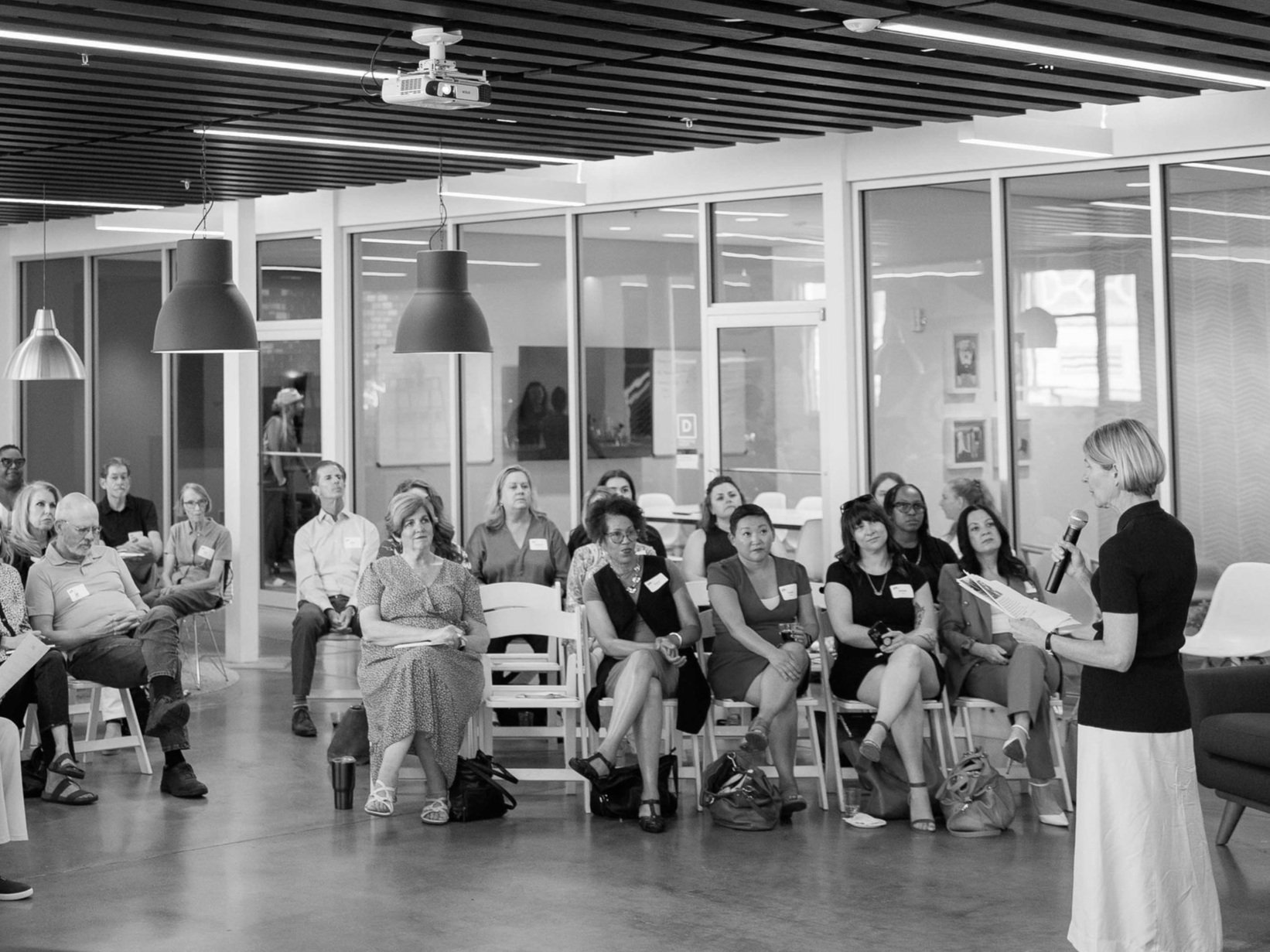
Research
Highlighted Studies
-

The American Economy Depends on Entrepreneurs.
The dynamism of the American economy depends on entrepreneurs' ability to create jobs, build new products, establish businesses, and drive innovation.
Childcare is a challenge that persists despite increased public attention to the issue and some significant investments, particularly from states.
-

Reducing Burdens on Childcare Providers
This United WE report explores how complex and burdensome state childcare regulations are contributing to the decline in providers - especially home-based care - across the U.S.
By examining licensing policies in all 50 states, D.C., and Puerto Rico, it sheds light on how regulatory systems may be unintentionally straining the childcare workforce and limiting family access.
-

Out of Balance
Reflective representation – government that reflects the diversity of the communities that it serves – is a critical component of a well-functioning democracy.
It supports effective policymaking that improves outcomes for all Americans and serves as a means of bolstering Americans’ trust in government during polarized times.
-

The Status of Women in Kansas
Discover where women in Kansas and the KC metro stand as of 2022 - economically, socially, and civically - through a data-driven report commissioned by United WE and conducted by University of Kansas researchers.
This research compares gender outcomes across key indicators and regions, and opportunities for progress.
-

The Status of Women in Missouri
This report in United WE’s research series, conducted by the University of Missouri, reveals how women across Missouri are faring in five critical areas - from income and education to health and leadership.
Backed by state and national data, the report highlights persistent inequities - especially for women of color - and points to where progress is most needed.
-

The Status of Women in Oklahoma
Commissioned by United WE, this report from Oklahoma State University offers a deep dive into how women in Oklahoma are faring across five key areas - from earnings and health care to civic engagement.
With regional and national comparisons, it spotlights the challenges women face.
-

National Survey of Women Entrepreneurs
United WE surveyed 750 women entrepreneurs with young children to better understand how childcare impacts their ability to start and grow businesses.
This report highlights the unique challenges they face - balancing business and caregiving - and offers insights to help shape policies that support their success and economic contribution.
-

Gender Parity on Civic Boards & Commissions
This United WE report reveals a stark lack of gender and racial parity on municipal boards and commissions across Missouri, particularly on influential “power boards” shaping public policy and resources.
By analyzing data from over 1,000 municipalities, the findings aim to inform more equitable, inclusive decision-making at the local government level.
-

Missouri Town Hall Progress Report
This progress report from United WE highlights what women across Missouri shared during statewide town halls - and tracks what’s changed since.
It shows where meaningful progress has been made and where barriers still remain, offering a roadmap for action by policymakers, businesses, and communities.
-

Kansas Town Hall Progress Report
Based on stories shared at town halls across Kansas, this United WE report outlines the real barriers women face and offers actionable recommendations for change.
Combining personal experiences with data, it equips leaders and communities with insights to drive progress toward greater opportunity statewide.
-

The Economics of Childcare and Childcare Licensing in Kansas
Discover how childcare licensing impacts families, economic growth, and access to affordable care in Kansas. This research report explores household needs, the history of U.S. child care policy, and policy recommendations for building stronger, sustainable solutions.
Our Research
Evidence & Action Catalyzing Change for Women's Economic Advancement
United WE is dedicated to understanding and addressing the challenges women encounter in their careers. Through rigorous, non-partisan research, we identify critical barriers and work directly with leaders to develop and advance impactful policies, creating a blueprint for women's economic success nationwide.

